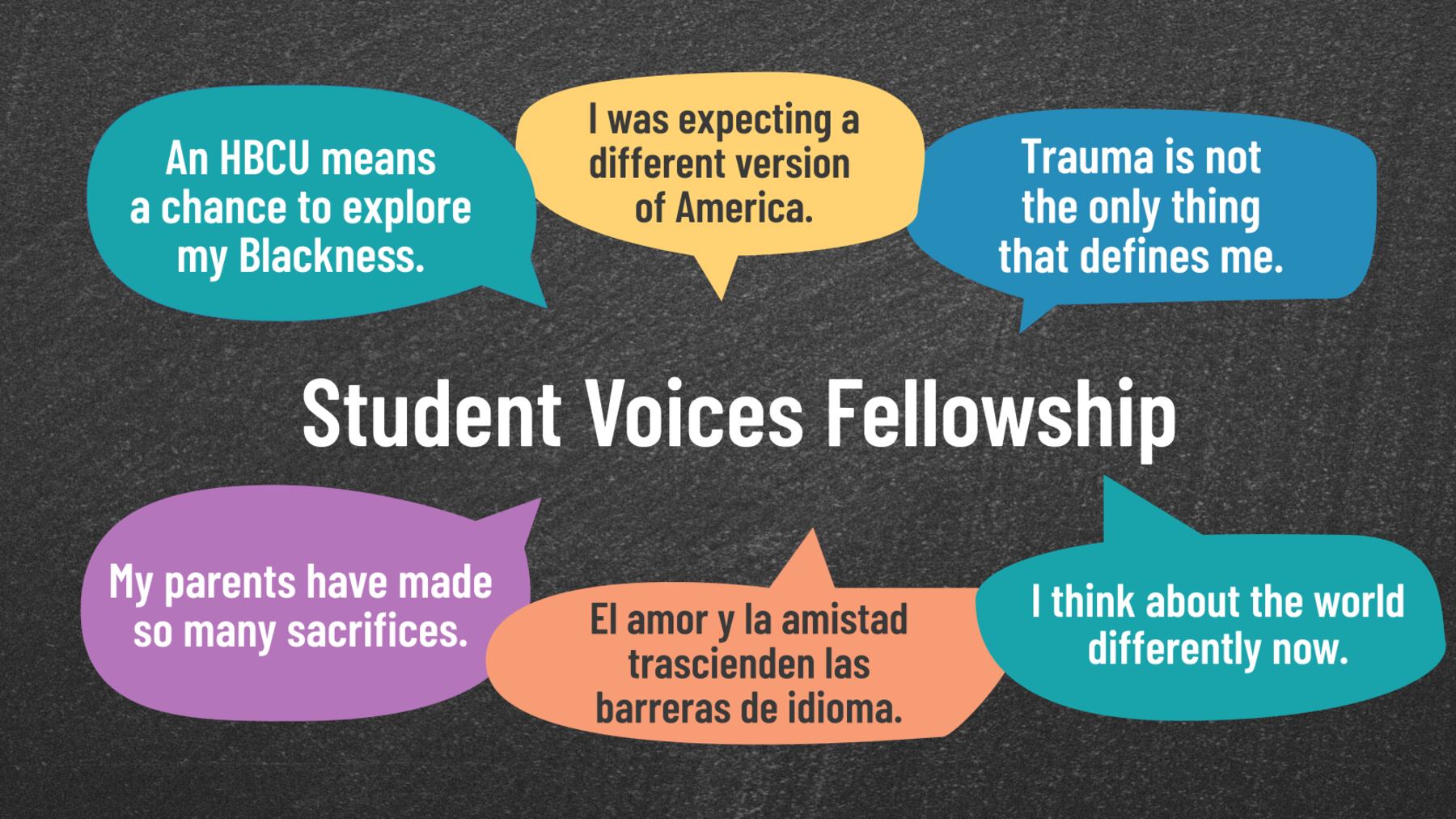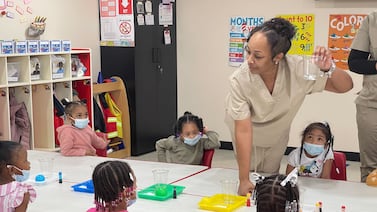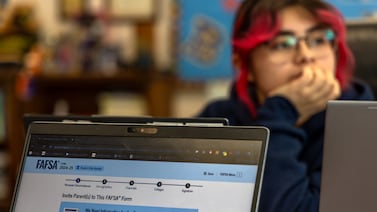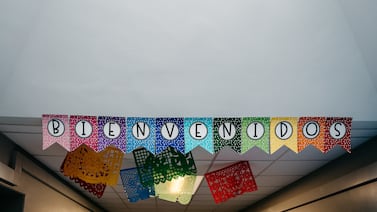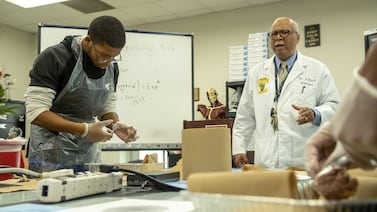This year, Chalkbeat’s Student Voices fellows continued to impress us with their resonant real-life stories about what it means to be a high school student today. Our essay-writing fellowship, now in its third year and open to public school students in New York City and Newark, New Jersey, aims to amplify the voices of teens, who have written powerfully about everything from immigrating to America to facing down bigotry in school to benefiting from restorative justice programs. Here’s a sampling of their recent work:
The pandemic defined my high school class in painful and precious ways

The COVID lockdown came midway through Jasmine Harris’ freshman year, and it kept her home all of sophomore year. When she and her classmates returned to campus as juniors, “conversations were short and awkward,” as teens readjusted to in-person learning and socializing, Jasmine explained in this Chalkbeat New York essay about how the pandemic affected her high school career. By senior year, though, Jasmine and her classmates were determined to make up for lost time. She wrote that they often reflect on how “even though it is sad that this is our last year together, it feels like we’re just getting started. That feeling has also bonded us and made us more appreciative of our time together.”
Losing my Spanish feels like losing part of myself

Ashally De La Cruz was born in the Dominican Republic and spoke only Spanish until she started kindergarten in New York City. Once in school, she quickly picked up English and began using her Spanish less frequently. Her hardworking mother, however, never had the chance to learn much English — and that created a language barrier between mother and daughter. “After 12 years in the U.S., I’m always forgetting Spanish words,” Ashally wrote in Chalkbeat New York, explaining that she sometimes relies on Google Translate to communicate with her mom. “In these moments, it can feel like I’m losing an important part of myself — the Dominican part.”
The racist bullying at school was unbearable, so I decided to speak out

Facing racist bullying, David Malakai Allen worked to change the reality for Black students at his high school. In this Chalkbeat Newark essay, he opened up about his efforts — founding the Black Student Union and advocating for change at the district level. Despite being an ambivalent public speaker, David offered searing testimony before the Newark Board of Education. He wrote: “When it was time to decide if I was going to speak up or remain silent, I remembered a quote by the incomparable writer Zora Neale Hurston: ‘If you are silent about your pain, they will kill you and say you enjoyed it.’”
What a cultural exchange program taught me about responding to racism

New York City native Vanessa Chen recently took part in a cultural exchange alongside students from across the U.S. and Europe. She was the only young woman of Chinese descent in the program — something she didn’t think much about until she found herself on the receiving end of racist remarks. These incidents left her so filled with emotion that, at first, she struggled with how to respond. “I had always imagined that I’d demand an apology … ,” she wrote in this Chalkbeat New York essay. “The fact that I stayed silent and laughed still feels disappointing.” Eventually, Vanessa learned how to push back against the racism in her midst.
Here’s what it was like for me to transition from ESL to mainstream classes
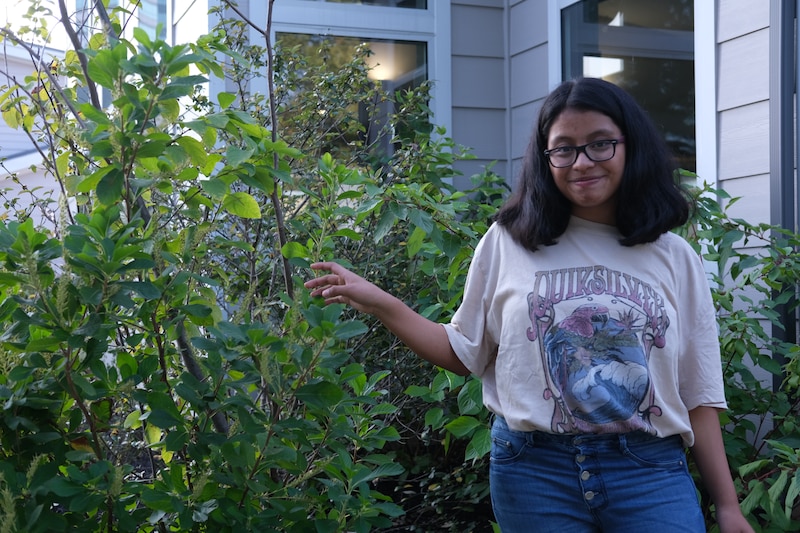
After moving to the United States from Ecuador, Karen Otavalo was placed in ESL classes for students learning English. But when it came time to transfer to mainstream courses alongside fluent English speakers, Karen found herself newly afraid to speak aloud. She wrote about the rocky transition in this Chalkbeat Newark essay, explaining, “Language acquisition is rarely a linear path. More effort doesn’t always translate into more progress. Instead, I had to learn to be patient, and that isn’t an overnight transformation either.”
Gabrielle Birkner is the features editor and fellowship director at Chalkbeat. Contact her at gbirkner@chalkbeat.org.


